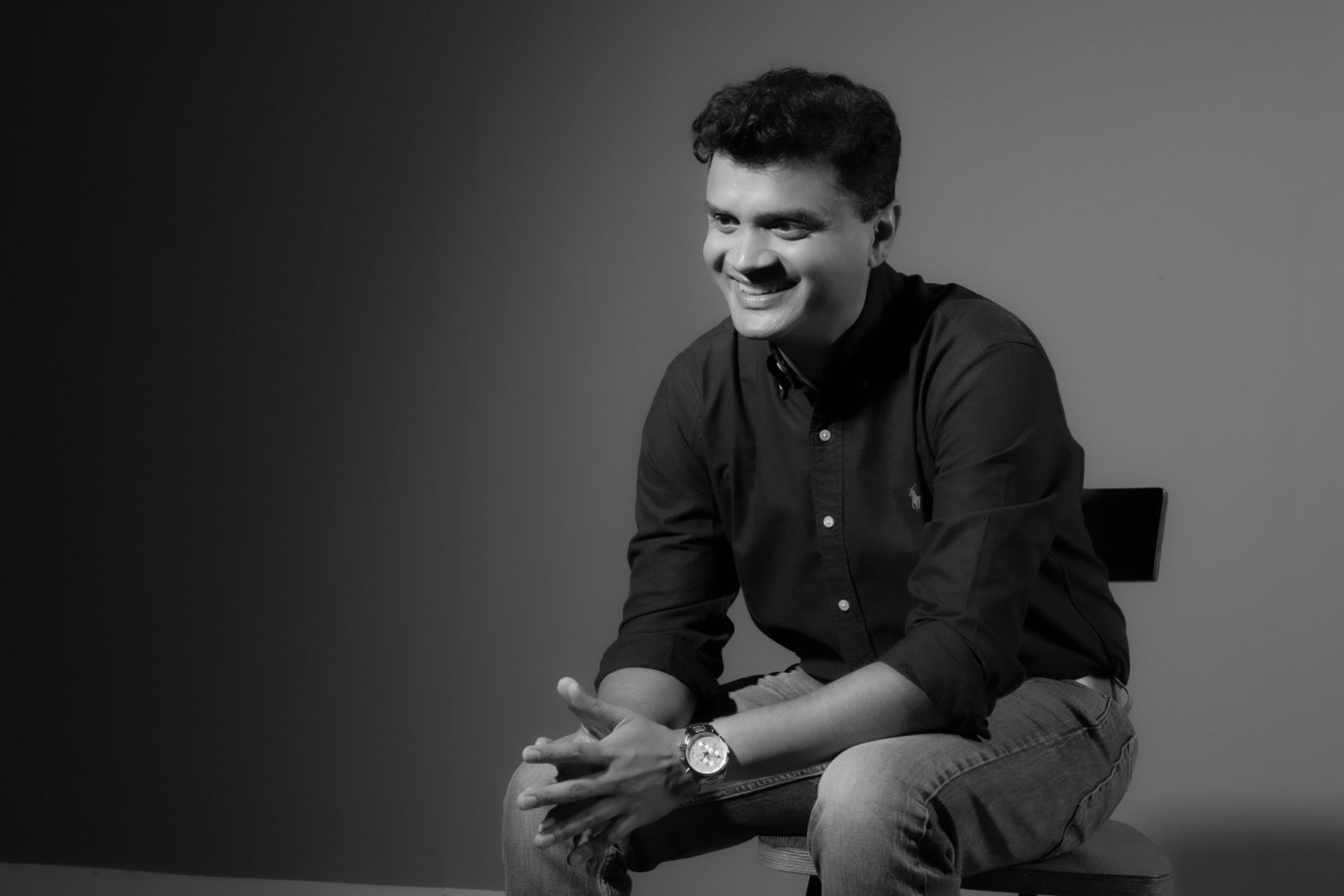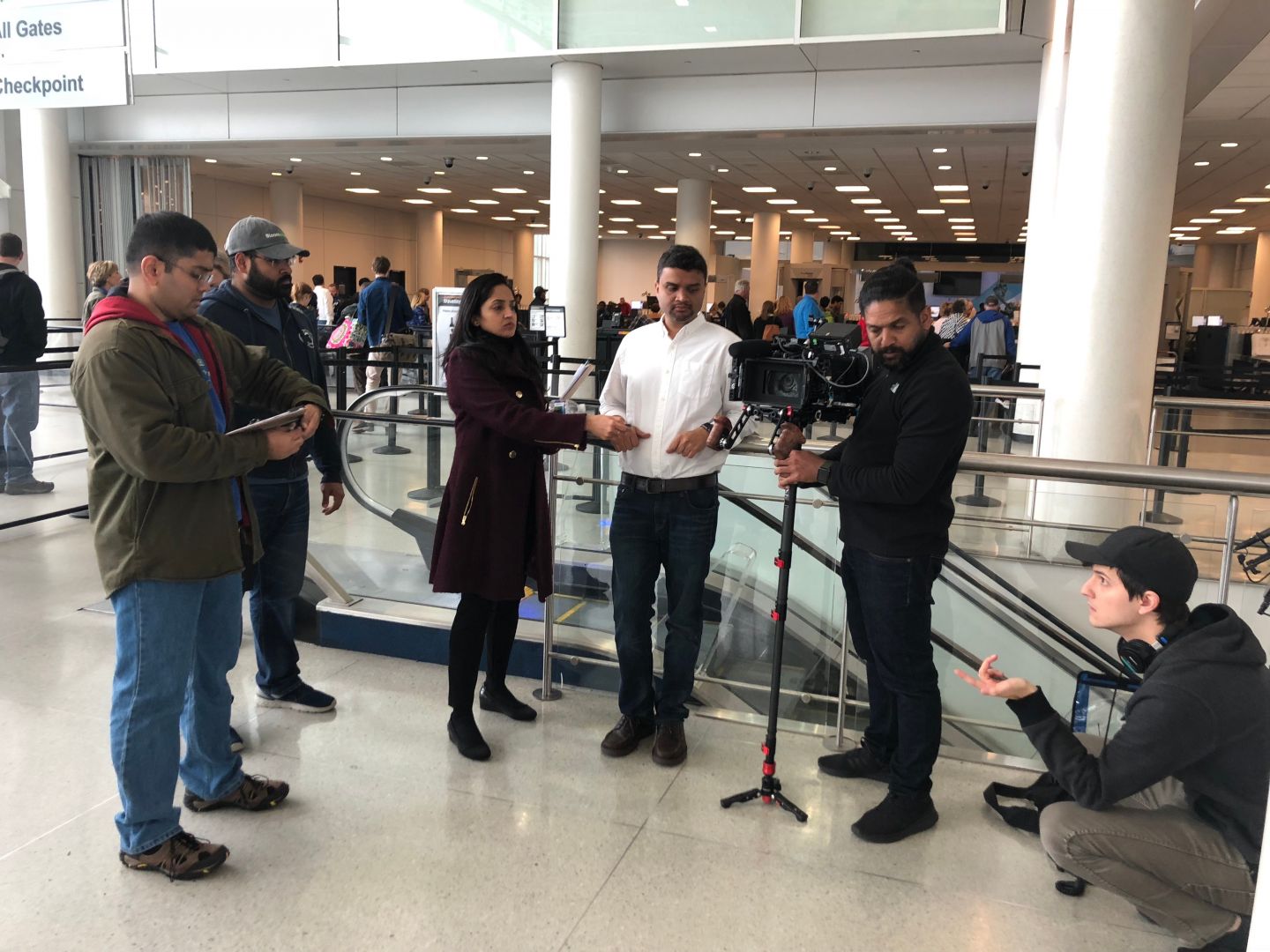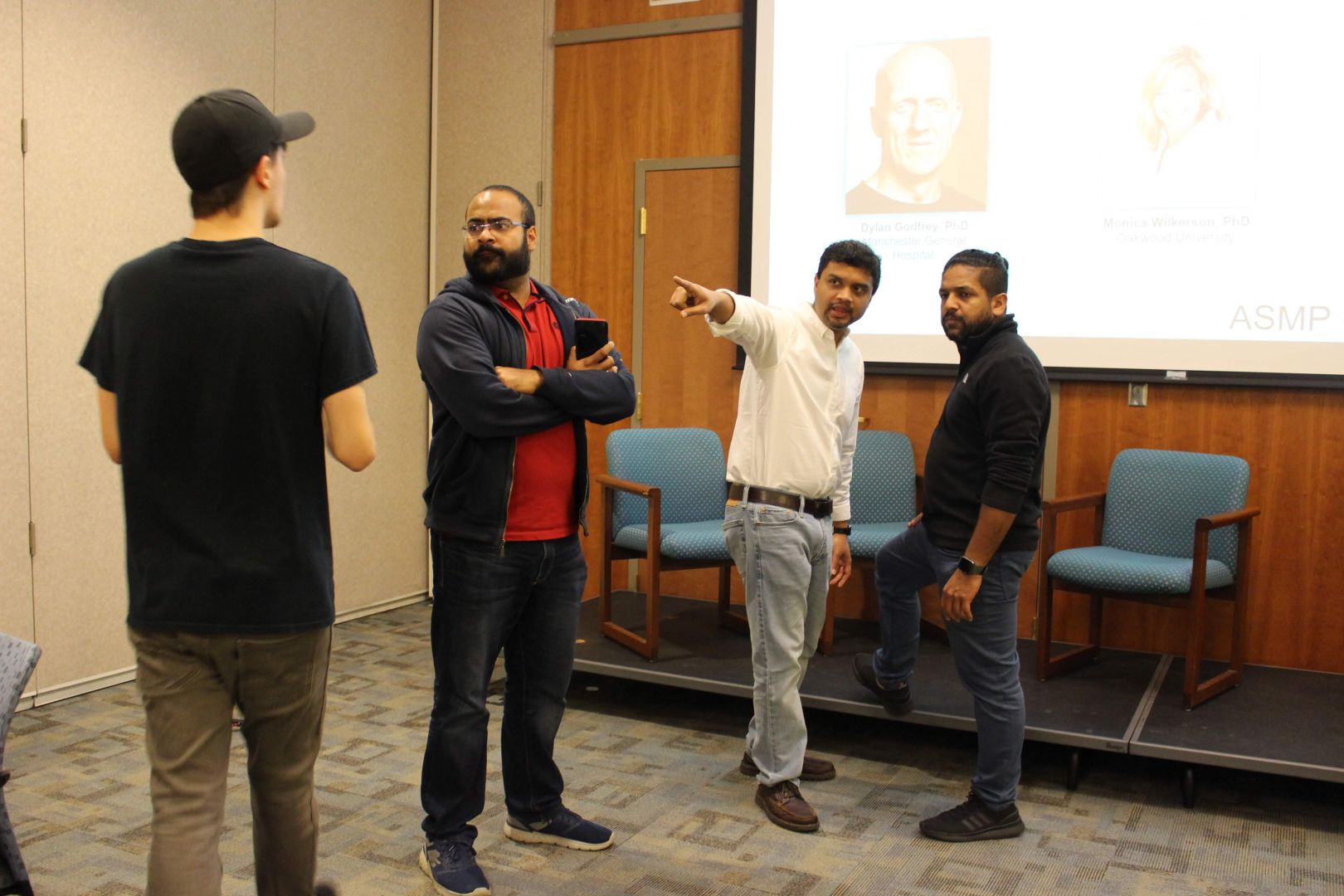Meet Ashay Javadekar | Filmmaker and Tech Entrepreuner

We had the good fortune of connecting with Ashay Javadekar and we’ve shared our conversation below.
Hi Ashay, we’d love to hear more about how you thought about starting your own business?
I am in the business of building technology solutions (software and hardware) for creativity. Right now my business focuses on building tools for filmmaking. The idea behind starting this business was very simple. I am a filmmaker. I love films, I love watching them, and I love making them. Filmmaking is an immensely technology intensive exercise, and what fascinates me is even though you have to use technology, the final product that comes out of that exercise is something that has to, by default, move someone emotionally. If you can’t do that, you have failed as a filmmaker. So when I was making films earlier, I realized that even though there has been tremendous progress in building technology for the different aspects of filmmaking, there is no one single tool that binds them all together, and frees the filmmaker from the overhead of learning technology, and allows her to just tell an effective story. I also have an engineering background, so I continuously see problems getting solved with cutting edge technology in the engineering world, but I don’t see them getting applied to solve creative problems too often. I wanted to change that. I initially waited for someone to step in, but then realized very quickly that it is not going to happen. So I decided to step in, and promised myself that I will change the technology to solve my own problem. I am my biggest customer. Because I am a filmmaker myself. I want to use the tools that I am developing so that I can tell great stories myself.
z

Can you give our readers an introduction to your business? Maybe you can share a bit about what you do and what sets you apart from others?
What was your thought process behind starting your own business?
I am in the business of building technology solutions (software and hardware) for creativity. Right now my business focuses on building tools for filmmaking. The idea behind starting this business was very simple. I am a filmmaker. I love films, I love watching them, and I love making them. Filmmaking is an immensely technology intensive exercise, and what fascinates me is even though you have to use technology, the final product that comes out of that exercise is something that has to, by default, move someone emotionally. If you can’t do that, you have failed as a filmmaker. So when I was making films earlier, I realized that even though there has been tremendous progress in building technology for the different aspects of filmmaking, there is no one single tool that binds them all together, and frees the filmmaker from the overhead of learning technology, and allows her to just tell an effective story. I also have an engineering background, so I continuously see problems getting solved with cutting edge technology in the engineering world, but I don’t see them getting applied to solve creative problems too often. I wanted to change that. I initially waited for someone to step in, but then realized very quickly that it is not going to happen. So I decided to step in, and promised myself that I will change the technology to solve my own problem. I am my biggest customer. Because I am a filmmaker myself. I want to use the tools that I am developing so that I can tell great stories myself.
What’s one thing about your industry that outsiders are probably unaware of?
One of the biggest challenges of building tools for creativity is there is no one tool that will solve creative problems. Creators are inherently relentless iterators. They want to iterate, go back, change the idea, and see the same creation in a different light. I always say that there is a key difference between productivity and creativity. If you are asked to join two points in space, any productive mind will join them with a straight line. You can write an equation for it, a software for it, and it will not matter who is connecting those two points. But take the same situation in the creative world. If you ask 10 creative minds to connect those two points in space, you will get 10 different answers, and every answer is correct. The answer will depend on who is connecting the points in space. Therefore, for creating technology for creative minds, you will have to take that into consideration that how can I free this creator in coming up with 100 different ways of connecting these two points in space? How can I help her make that decision? This is a key difference that many folks are unaware of. People will say they are making technology for creativity, but you cannot force a creator to use a tool in only one single manner. You have to free up that creator for relentless iteration.
Risk taking: How do you think about risk, what role has taking risks played in your life/career?
I am a creator by passion. I breathe for being creative. Creators are risk takers by default. When I embark on a journey to create something, I have no clue how I am going to create that product. Take an example of making a film. When I start making a film based on an idea, do I know how I am going to make it a reality? No! Absolutely not. But I still take a risk and jump in. If you want to be a creator, you need to be extremely comfortable with risk. I heard a great quote somewhere that “The magic you are looking for is in the work you are avoiding”. And it is very true! You have to take risks. You can take calculated risks, that’s ok too. But don’t live the same year 75 times and call it life (that’s another quote I read, and resonated with me immensely).
Other than deciding to work for yourself, what was the single most important decision you made that contributed to your success?
Deciding to work for yourself is a trait you need to develop. You have to look for continuous growth. One decision that I took when I shifted my mindset to this trait is every morning when I get up, I think to myself for a few mins “what can I do today to make myself, or my business better than yesterday?” Even though it’s a very small thing, like just finding out who my prospective customers could be, making a list of them, or just writing down a new idea, that’s still ok. But do something that makes you better than yesterday. One more habit that I built for myself is I make my bed after getting up. Just the act of doing something so small propels you to do the next thing, and next thing and next thing, and it really works. Trust me. The confidence that you get by just making your own bed makes you do things that eventually could add immense value to yourself and your business in the day.
What is the most important factor behind your success / the success of your brand?
I don’t think I am successful yet. However, one of the most important things I think in the early stages of your business (and possibly when it becomes big too) is You are your brand. Brand is not a separate entity that is physically or spiritually different from you. It’s you. So make sure to grow yourself and ask yourself hard questions to shape yourself. Because that will build your brand or the brand of your business. I continuously ask myself whether what I am doing right now is worth doing, am I learning something, is this taking my business further. That’s very important. You need to be passionate enough for whatever you are doing to persist in whatever it is that you are doing. I have seen so many talented people that didn’t persist in their talent, because they just were not passionate in growing themselves. I honestly hate that mentality. You are wasting potential. You can waste money, but don’t waste potential. I beg you. Consistency and persistence are two different things. Persistence is a choice that you make for yourselves. To make that choice, you need to really love what you are doing. With every single film I make, I realize how much I do not know about filmmaking and telling stories. And that drives me to learn more and persist in the creative world. I love filmmaking, and I sincerely love filmmakers. I genuinely love them. And I will do anything in my capacity to make their life easy with technology so that they can tell great stories.
What’s the most difficult decision you’ve ever had to make?
There are many, but letting go of something that’s not working but you have spent hours on creating it is the most difficult decision you make. For example, I love building stories, and I wanted to build a story builder when I started thinking about building technology for creativity. I spent months and months on ideating on it, my co-founder and I spent hours talking about it, and we actually developed something that is a working prototype. But then we realized that doing something much simpler than that could add significant value to someone’s creative workflow, and we had to pivot. So we had to keep it in our back pocket, and start working on something new. It’s ok, we still have that product ready, and whenever there is time to take that product out, we know what to refer to. Same goes with films too. I make films, and I spend months on perfecting a scene, but in the final story if the scene doesn’t add value to the story, I will have to take it out, and that’s super hard. Especially in independent filmmaking, where every frame that has been shot tells you a story of how that frame came into existence. So when you cut it out, you see all of that history, and you are compelled to keep it in the film. But you have to remove it. Story takes precedence, not your efforts of how you shot the scene.
Work life balance: how has your balance changed over time? How do you think about the balance?
When you are passionate about something, that becomes your life. It’s difficult to maintain a work-life balance, and I am horrible at maintaining it. If an idea takes hold of my mind, my physical presence does not guarantee my mental presence. I daydream. I wonder how I can manifest it. I am a poor person to answer this question, however I would say that find someone who can understand your passion. That’s important. You need to be in the company of people who lift you up, now weigh you down.
Do you have a favorite quote or affirmation? What does it mean to you / what do you like about it?
I hear this podcast called “Founders Podcast” by David Senra, and I was reading his show notes for one of the episodes he did about Charlie Munger and one quote really struck me and stayed with me. The quote says “Take one simple idea, and then take it very seriously”. You have to be able to focus on one idea, and make the idea the best possible. It is easy to think of 10 different ideas at once, and try to make them good, but if you want to be great, take one idea and make it the best. I learnt a lot from this quote, and even while making my products through my business I continuously challenge myself to focus. Most of the time I spend as the lead of my business is focusing on the features that we want to release.
Why did you pursue an artistic or creative career?
I don’t know what else I would be. I have never imagined myself to not be creative. I think there is an inherent rebellious nature that I have in me that forces me to always create something new. Why did I choose it? Umm…the true answer is I won’t be able to live if it’s not for my creative passion. If I am forced to work in an environment where I am not allowed to be creative, I don’t think I will survive.
What do you want your legacy to be? What do you want people to remember about you?
It’s probably too early for me to answer this question haha. But what I would like to identify myself with is passion. The most burning, fervent, roaring passion. That’s who I am, and that’s how I love to live. If by doing what I am doing, and creating technology for creativity, if I can make someone passionate about creativity, I would consider that a success.
Website: www.ashayjavadekar.com
Instagram: instagram.com/ashayjavadekar
Linkedin: LinkedIn.com/in/ashayj
Youtube: youtube.com/ashayjavadekar
